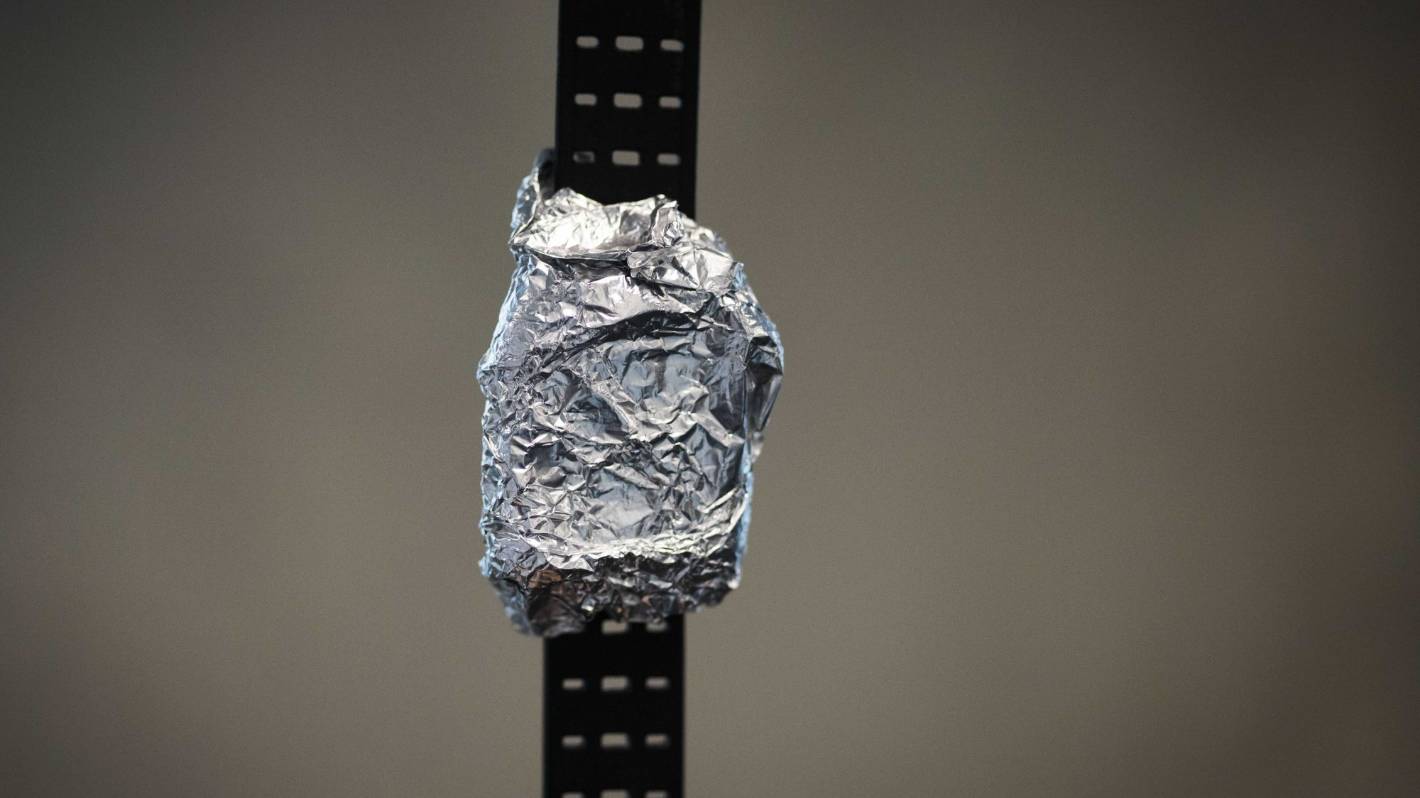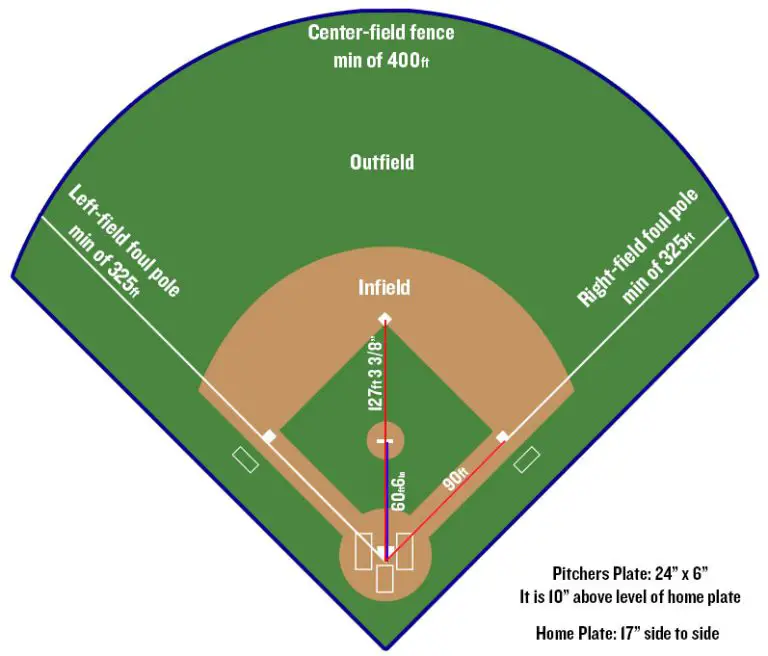Does Tin Foil Block GPS?
Tin foil has long been seen as a way to protect one’s privacy, but does it really work to block GPS signals? This question has been asked for years, and while tin foil does theoretically have the ability to block GPS signals, its effectiveness depends on a variety of factors, such as the strength of the GPS signal, the thickness of the tin foil, and the distance between the GPS receiver and the tin foil. In addition, tin foil only blocks GPS signals to a limited extent. It is important to note that tin foil does not completely block GPS signals and that other methods such as a Faraday cage may be necessary to achieve complete GPS signal blocking.
What is GPS?
GPS stands for Global Positioning System. It is a satellite-based navigation system that uses signals from satellites to determine the position and time of a person or object on the Earth. GPS is used for a variety of applications, such as tracking vehicles, finding directions, and monitoring remote locations. Tin Foil has become a popular material used by many to block out GPS signals, but does it actually work?
The answer to this question depends on the type of GPS system being used, and how it is being used. Tin Foil has been known to interfere with some types of GPS signals, especially long-range signals. However, it does not block out all types of GPS signals. Tin Foil is most effective when used in conjunction with other shielding materials, such as aluminum mesh. Tin Foil alone will not be sufficient to completely block out GPS signals.
In addition, it is important to note that GPS signals can be blocked or weakened by other sources, such as tall buildings, dense foliage, and even bad weather. To ensure that GPS signals are not blocked, it is important to take steps to reduce interference from these other sources.
Overall, Tin Foil can be used to reduce the reception of some types of GPS signals. However, it is not a reliable solution for completely blocking out GPS signals. Therefore, it should not be used as the sole source of protection for GPS-based applications.
How Does GPS Work?
GPS, an acronym for Global Positioning System, is a satellite-based navigation system that uses a combination of 24 satellites in Earth orbit to determine the precise position of a user. Each satellite is equipped with an atomic clock that constantly sends out time and position data. By combining this data with the position of the user’s device, the GPS is able to accurately pinpoint the exact location of the user.
In order for the GPS to work, the receiving device must be able to process and interpret the data it receives from the satellites. To do this, the device must be able to pick up signal waves from at least three satellites, and then use a mathematical process called trilateration to figure out the exact location of the user’s device.
But, does tin foil block GPS? Tin foil works to block RF signals, which can interfere with GPS signals. By blocking the RF signal, tin foil can potentially reduce the accuracy of GPS readings. However, tin foil is not an effective way to completely block GPS signals, as it would need to be wrapped around the device with multiple layers to be effective.
What is Tin Foil?
Tin foil, also known as aluminum foil, is a thin sheet of aluminum used for a variety of tasks. Primarily used in cooking, it can also be used to line baking sheets and pans, wrap food, and even to prevent food from burning. It can also be used decoratively in arts and crafts. But, does tin foil block GPS signals?
The answer is yes and no. Tin foil blocks wireless signals, including radio waves, Wi-Fi, and cellular data. This is because the foil acts as a barrier and prevents the signals from reaching their destination. But, GPS signals are not blocked by tin foil. This is because GPS signals are sent from satellites in space, and the foil cannot block these signals due to its low thickness.
So, while tin foil cannot block GPS signals, it can be used for other tasks such as protecting food from burning or for arts and crafts. It’s a versatile material that can be used in many different ways.
Does Tin Foil Block GPS Signals?
Tin foil has long been used to block out electromagnetic interference. But does it also have the power to block out GPS signals? This is a question that many people have asked but few have been able to answer definitively.
The answer is a bit complicated. Tin foil does have the ability to block out some electromagnetic radiation, including GPS signals. However, this depends on the type of tin foil used and the strength of the GPS signal. Generally, the thicker and denser the tin foil, the more effective it will be in blocking out GPS signals. Additionally, if the GPS signal is weak or far away, tin foil may not be as effective.
It is also important to note that tin foil is not a perfect blocker of GPS signals. While it can block out some, it cannot block out all of them. Additionally, tin foil can be affected by weather conditions and other factors, such as the presence of metal objects.
Overall, tin foil can be used to block out some GPS signals, but it is not a perfect solution and may not be completely effective in all situations. If you are looking for a way to block out GPS signals, it is best to invest in a GPS jammer or other signal-blocking technology.

Advantages and Disadvantages of Tin Foil as a GPS Blocker
Tin foil has long been thought to be a reliable method of blocking GPS signals. While it may be a popular choice for those looking to protect their privacy, there are both advantages and disadvantages to this method. The advantages of using tin foil as a GPS blocker include its low cost and availability, as well as its ease of use. The disadvantages include its limited signal-blocking capabilities, as well as its inability to block signals from all types of GPS devices. Tin foil is also not a permanent solution, and any blocked signals may be re-established once the tin foil is removed.
For those looking to protect their privacy, tin foil can be an effective short-term solution. However, it is important to note that tin foil is not a foolproof method of blocking GPS signals, and there are more reliable methods for ensuring that your location remains private. If you are looking for a long-term solution, it may be best to consider investing in a dedicated GPS blocker, such as a GPS jammer or blocker device. These specialized devices are designed to block GPS signals more effectively and provide a longer-term solution to your privacy needs.
Alternatives to Tin Foil for Blocking GPS
GPS technology is everywhere and can be used to track people, vehicles, and goods with pinpoint accuracy. While tin foil has become a popular tool to block GPS, there are more effective and secure ways of protecting your privacy. Understanding the limitations of tin foil and the available alternatives can help you protect your location and data from unwanted tracking.
GPS jammers are one of the most effective methods for blocking GPS signals. These devices work by emitting a signal that is stronger than the GPS signal and can interfere with the GPS receiver. GPS jammers are illegal in most countries, but they are readily available on the black market.
Faraday cages are another option for blocking GPS signals. A Faraday cage is a metal enclosure that blocks external electric fields, and it can be used to protect against GPS tracking. Faraday cages come in many shapes and sizes, ranging from briefcases to car covers.
For those who are looking for something more discreet than a Faraday cage, there are anti-tracking devices that are designed to block GPS tracking without interfering with other wireless signals. These devices are small enough to fit in a pocket, and they work by emitting a signal that blocks the GPS signal.
Finally, there are GPS blockers that are designed to be used with smartphones and other portable devices. These blockers are designed to protect against GPS tracking and come in many forms, including cases and screen protectors.
Overall, tin foil is not an effective method for blocking GPS signals, and there are more secure and reliable alternatives available. Knowing the limitations of tin foil and understanding the various options for blocking GPS will help you protect your data and location from unwanted tracking.
Legal Implications of Blocking GPS
GPS has become a staple of modern technology, enabling us to stay connected, get from point A to point B, and even track our health. But what happens when one interferes with GPS signals? Does tin foil block GPS signals? And more importantly, what are the legal implications of blocking GPS?
It is true that tin foil can block GPS signals, but it is not recommended as a viable safeguard. Tin foil is a poor conductor of signal and can block GPS signals in the short term, but it is not reliable and can be easily penetrated by more powerful GPS signals.
As for legal implications, blocking GPS signals is illegal in most countries. Blocking GPS signals can interfere with the proper functioning of a wide range of devices, from navigation systems to telecommunication devices. Moreover, blocking GPS signals can be used for malicious purposes, such as tracking a person’s location without their consent. This is why blocking GPS signals is strictly forbidden in most countries and can result in hefty fines or even jail time.
In conclusion, tin foil can block GPS signals in the short term, but it is not a reliable solution. Moreover, blocking GPS signals is illegal in most countries, as it can be used for malicious purposes. Therefore, it is best to avoid interfering with GPS signals altogether.
Conclusion
Tin foil does not block GPS signals. While GPS signals may be blocked or weakened when passing through a thick layer of tin foil, it is unlikely that a single layer of tin foil would have any effect on GPS signals. Therefore, tin foil cannot be relied upon to provide any significant protection against GPS tracking.







